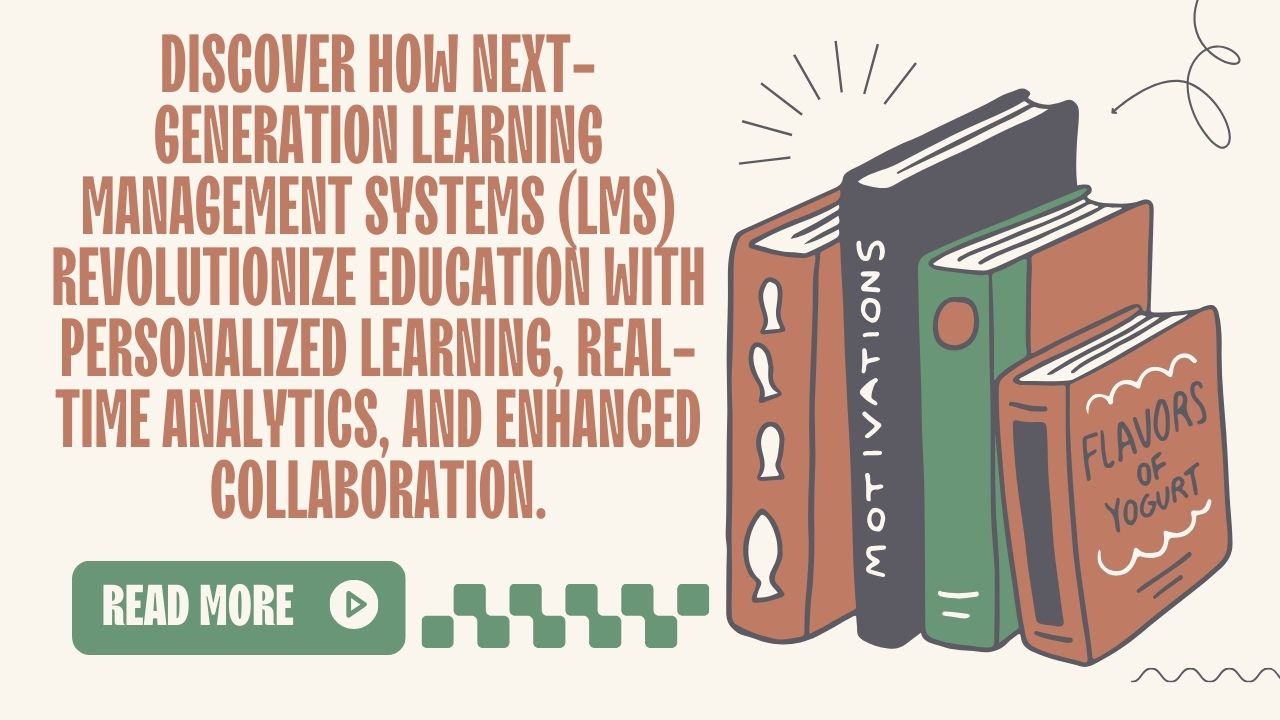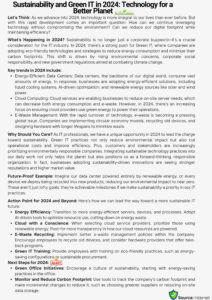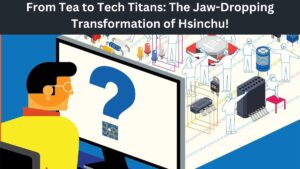
Introduction
In the digital age, education is undergoing a profound transformation, with technology playing a central role in shaping the learning experience. Next-generation Learning Management Systems (LMS) are at the forefront of this revolution, offering innovative tools and features designed to enhance teaching and learning in diverse educational settings. From personalized learning pathways to real-time analytics, these advanced LMS platforms are empowering educators and students alike to reach new heights of academic achievement.
The Evolution of Learning Management Systems
Learning Management Systems have come a long way since their inception in the late 1990s. Initially, LMS platforms were primarily used to deliver and manage online courses, providing a centralized repository for course materials, assessments, and communication tools. However, as technology has advanced, so too have LMS platforms, evolving from simple content delivery systems to comprehensive learning ecosystems that support a wide range of pedagogical approaches and instructional strategies.
Personalized Learning Experiences
One of the key features of next-generation LMS platforms is their ability to deliver personalized learning experiences tailored to the individual needs and preferences of each student. Through adaptive learning algorithms and intelligent content recommendation systems, these platforms can dynamically adjust course materials, assessments, and activities to align with each student’s learning style, pace, and proficiency level. This personalized approach not only fosters greater engagement and motivation but also enables students to progress at their own pace and achieve deeper learning outcomes.
Seamless Integration of Multimedia Content
Next-generation LMS platforms are also revolutionizing the way educational content is delivered and consumed, with seamless integration of multimedia elements such as videos, simulations, and interactive assessments. By harnessing the power of multimedia, educators can create immersive and engaging learning experiences that cater to diverse learning preferences and styles. Whether it’s a virtual lab experiment, an interactive simulation, or a multimedia-rich lecture, these platforms empower educators to bring course content to life and enhance student comprehension and retention.
Real-Time Analytics and Insights
Another significant advantage of next-generation LMS platforms is their ability to provide educators with real-time analytics and insights into student performance and engagement. Through data-driven dashboards and reports, educators can track student progress, identify learning gaps, and intervene proactively to provide targeted support and assistance. Additionally, these platforms enable educators to gather valuable feedback and assessment data, allowing for continuous improvement and refinement of teaching practices and course materials.
Enhanced Collaboration and Communication
Next-generation LMS platforms facilitate collaboration and communication among students and educators, breaking down traditional barriers to learning and fostering a sense of community and belonging in the virtual classroom. Through features such as discussion forums, collaborative projects, and real-time messaging, students can engage in meaningful interactions with their peers and instructors, share ideas, and collaborate on projects regardless of geographical location or time zone. This collaborative learning environment not only promotes critical thinking and problem-solving skills but also prepares students for success in an increasingly interconnected and globalized world.
Accessibility and Inclusivity
One of the hallmarks of next-generation LMS platforms is their commitment to accessibility and inclusivity, ensuring that all students have equal access to educational opportunities regardless of their individual needs or circumstances. These platforms incorporate a wide range of accessibility features such as screen readers, captioning, and alternative text, making course materials accessible to students with disabilities. Additionally, next-generation LMS platforms are designed to support diverse learning modalities and preferences, accommodating students with different learning styles, preferences, and abilities.
Future Trends and Developments
As technology continues to evolve, we can anticipate several key trends and developments in the realm of learning management systems. These include the integration of artificial intelligence (AI) and machine learning (ML) algorithms to further personalize learning experiences and provide adaptive feedback and support. Additionally, we may see the emergence of immersive learning technologies such as virtual reality (VR) and augmented reality (AR), which have the potential to transform the way students engage with course content and interact with their peers and instructors.
Ethical Considerations
While next-generation LMS platforms offer numerous benefits, they also raise important ethical considerations. These include concerns about data privacy and security, particularly regarding the collection and use of sensitive student information. Additionally, there are questions about the potential for algorithmic bias and discrimination in personalized learning systems, as well as issues related to digital equity and access for underserved populations. As educators and technologists continue to explore the capabilities of next-generation LMS platforms, it is essential to prioritize ethical considerations and ensure that these technologies are used responsibly and equitably.
Conclusion
In conclusion, next-generation Learning Management Systems (LMS) are revolutionizing education by offering innovative tools and features designed to enhance teaching and learning in diverse educational settings. From personalized learning pathways to real-time analytics, these advanced platforms empower educators and students alike to reach new heights of academic achievement. By harnessing the power of technology to create immersive, engaging, and inclusive learning experiences, next-generation LMS platforms are transforming education and unlocking new opportunities for learners around the world. However, it is essential to address ethical considerations and ensure that these technologies are used responsibly and equitably to maximize their potential for positive impact on teaching and learning.






